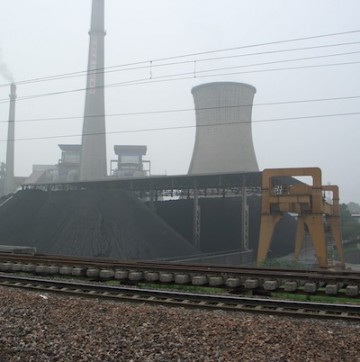Statewide Carbon Tax Could Lower Emissions
Monday, December 08, 2014

The report found pricing a rate of $60 per ton of carbon emissions would create revenue of $3.4 billion for Oregon. It would also reduce emissions by creating incentives for behavioral change by companies. The report found the costs for on coal industries and household income would be small.
“This report is the result of a much deeper dive on this concept of a carbon tax and revenue repatriation and expenditure for Oregon,” Tom Potiowsky, director of Northwest Economic Research Center and chair of PSU’s Department of Economics, said in a media statement. “What we’ve continued to show is that putting a price on carbon will definitely reduce emissions and that a carefully crafted policy can achieve those reductions while ensuring that the economic impacts are minimal, or even slightly positive."
The legislature commissioned an eight-month study by the Northwest Economic Research Center at Portland State University in the 2013 session. The study examined potential impacts and benefits of state-level carbon tax in the United States and in specifics regions and industries of Oregon.
The report, “Carbon Tax and Shift: How to Make It Work for Oregon’s Economy,” is the first to highlight the potential revenue and benefits of an Oregon carbon tax.




Follow us on Pinterest Google + Facebook Twitter See It Read It